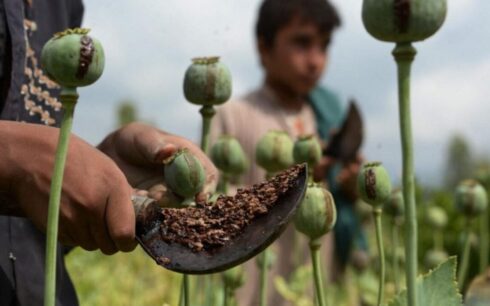Thousands of Indian farmers, demanding higher crop prices, persevered through challenging conditions at a protest site on Friday, February 16, as their unions prepared for another round of discussions with government officials.
Elderly farmers, encamped on the border of Punjab and Haryana states, faced hardships in makeshift tents, as protest leaders temporarily halted their march to New Delhi during government negotiations.
Despite these challenges, many farmers, like Balwindar Kaur, are determined to continue for their children’s future. Kaur shared her difficulties in managing basic needs, highlighting the protest’s personal toll.

The “Delhi Chalo” (Let’s go to Delhi) march began earlier this week, with thousands of farmers advocating for a government-mandated minimum price for their produce. However, they were stopped approximately 200 kilometers (125 miles) from the capital by security forces, leading to confrontations.
These protests come just months before national elections in India, where Prime Minister Narendra Modi seeks a third term. With farmers being a significant electoral group, their grievances add a critical dimension to the upcoming elections.





